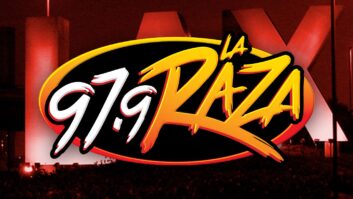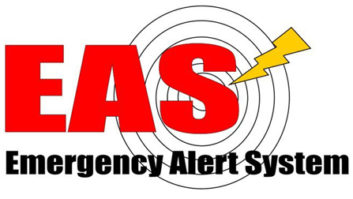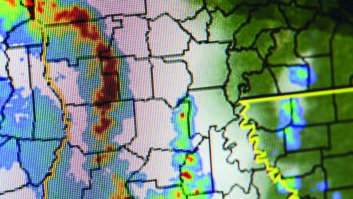The FCC took note about the question of CAP converters in issuing its latest EAS announcement. But it did not give a definitive answer about whether converters must be certified under current EAS rules or whether they satisfy the commission’s 2007 CAP-related requirements.
If anything the commission may have raised a yellow flag.
“Although we intend to address these issues in our subsequent order, we note that, based on the record, it appears that some EAS participants may have purchased such equipment,” the commission wrote.
“We remind EAS participants that equipment that meets the definition of an encoder or a decoder under our rules must be certified under Section 11.34 of the commission’s current rules. In addition, equipment used to receive CAP-formatted EAS alerts must, at a minimum, comply with the CAP requirements the Commission adopted in the Second Report and Order.”
The upshot, such as it is:
“While we do not decide today whether intermediary devices comply with these requirements, it is unclear whether any equipment that does not meet these current baseline requirements will be able to satisfy any CAP-related rules we may adopt in the future. Consequently, we urge EAS participants that have purchased or are considering purchase of any type of EAS equipment to verify with manufacturers and/or vendors that the equipment complies with current FCC rules.”
“Intermediary” devices or converters connect with previously certified EAS equipment, to allow that gear to receive CAP-formatted alerts in legacy EAS format.










